In an age when beauty is shaped by algorithms and commercial pressure, it’s easy to dismiss it as shallow or morally corrosive. Yet, philosopher Panos Paris claims, this is a profound misunderstanding. For most of history, beauty was seen not as a trap, but as a necessary precondition for virtue: a capacity that, properly cultivated, could train our desires toward the good. If beauty shapes our desires from infancy, then rather than resisting its influence, we should harness it, rebuild our aesthetic taste, and even reshape our environments so that beauty becomes a compass for virtue rather than a force that deforms it.
Over the last decade or so, I’ve been thinking about beauty, especially in relation to virtue and related values. Some of the evidence concerning the relationship between beauty and morality is truly eye-opening. People who are found more beautiful are treated better (and, unsurprisingly, those deemed ugly are punished for it): mothers spend more time with prettier babies and children; good-looking people are hired more often and subsequently paid more; they get better treatment by teachers at school; they are better looked after by doctors; they are more leniently judged in court; and are more likely to be assisted by strangers in their time of need. Incidentally, humans aren’t the only victims of our beauty biases. In our environmental concerns, we seem to prioritize habitats and landscapes that are scenic or picturesque; to protect animals that look cuddly and cute; and to oppose the culling of animals that we find attractive, even if that leads to the depletion of ecosystems.
Explanations for such findings often cite phenomena such as the well-known “halo effect”; this is when some of our global judgments (including beauty judgments) unconsciously affect our more specific judgments (including being fair, smart, likeable, or, as it turns out, green). Such unconscious influences, like all unconscious influences, can creep into our behavior, decisions, and even dreams, desires, and aspirations, unawares. It’s thus no wonder that beauty exercises a profound influence over our lives, far greater than many of us would like to admit. But what does such influence tell us about the relationship between beauty and virtue? Many would haste to point out that beauty and virtue pull in very different directions. If so, then anyone seeking to cultivate virtue had better tie themselves to the proverbial mast so as to guard against the siren-like power of beauty.
___
Beauty exercises a profound influence over our lives, far greater than many of us would like to admit.
___
This position, which starkly contrasts beauty and virtue, may seem all the more attractive today, when the word “beauty” brings to mind “Instagram faces,” so-called beauty salons, and a bunch of celebrities or so-called beauty influencers. When I discuss beauty with my students, they instinctively say that “beauty is in the eye of the beholder” and that beauty is a matter of individual preferences––to each their own.
Ironically, most of these students pursue a very recognizable kind of look, and partake of the various institutions (e.g., the beauty industry) and platforms (e.g., social media, photo-editing apps, etc.) that promulgate it. Pointing this out hardly helps to convince them that such beauty trends, far from being sincere expressions of their autonomy and individuality, seem to operate more like an aesthetic, cognitive, and affective straitjacket.










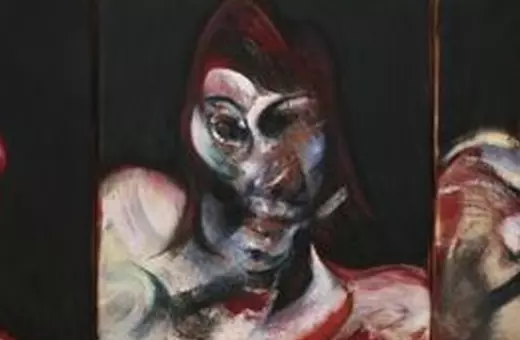
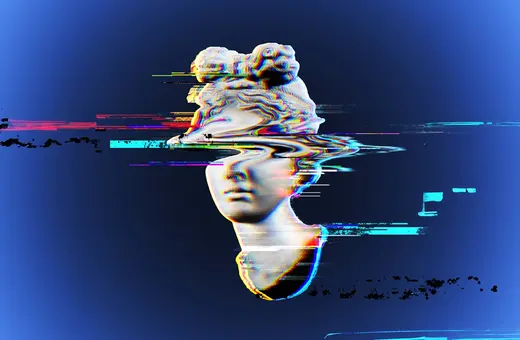

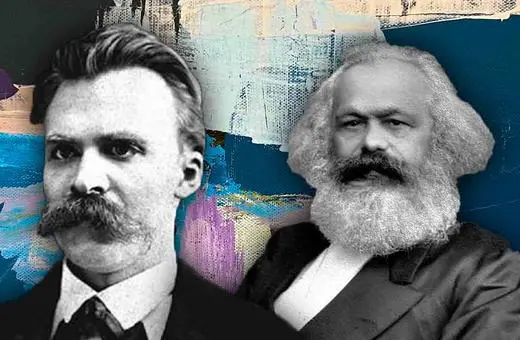

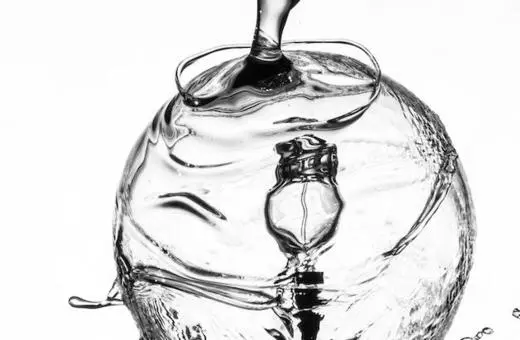

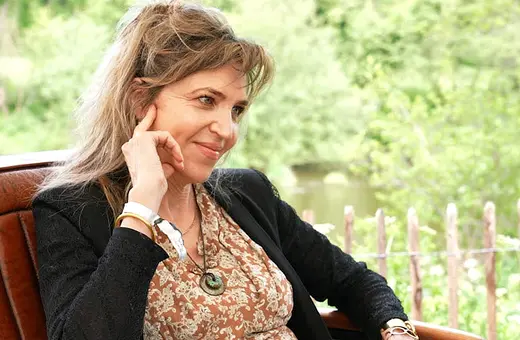



Join the conversation